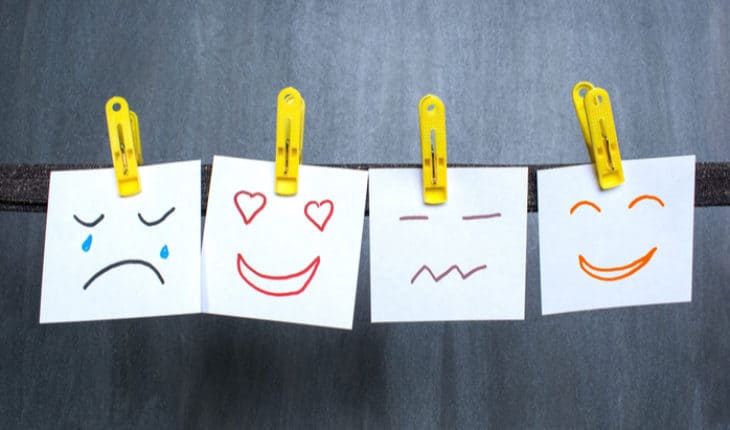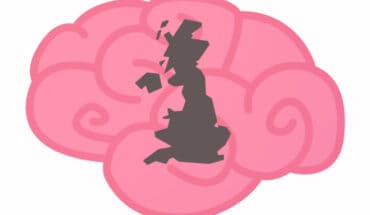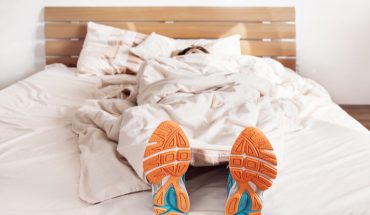Disruption and ongoing instability as Australians navigate the coronavirus (COVID-19) pandemic is weighing heavily on people with a mood disorder such as depression or bipolar disorder, new research shows.
Researchers at the University of Melbourne and Swinburne University of Technology surveyed almost 4,500 people in April during the COVID-19 lockdown, finding that respondents with a mood disorder were 15 per cent more likely than the general population to say restrictions were hurting their mental health.
Twenty per cent were finding it very difficult to work from home – almost twice the general population.
Overall, people with mood disorders were more likely than the general population to report having lost their job, less social contact, and drinking more. They were also more likely to note changed sleep patterns, such as more or less sleep.
Researcher and lead author, Dr Tamsyn Van Rheenen, head of the University of Melbourne’s Mood-Psychosis Spectrum Research Group at the Melbourne Neuropsychiatry Centre, said the results highlighted the need to ensure that those with mood disorders had access to appropriate support.
“It is really important that people with mood disorders have stability in routine, like going to sleep and waking up around the same time every day and getting regular daylight outdoors,” Dr Van Rheenen said. “While COVID-19 has affected everyone’s routines, it is particularly challenging for this group of people.”
Researchers expected the COVID-19 social distancing measures to be especially difficult for individuals with pre-existing mood disorders, since they disrupt a myriad of factors critical to the management of mood symptoms, including easy access to in-person psychiatric care, and stability in daily routines, social rhythms and sleep patterns.
Dr Van Rheenen said indications that people with mood disorders were drinking more and having their sleep patterns disrupted were particularly concerning as these behaviours also affected physical health. “Things can just snowball,” she said.
“If you aren’t exercising, sleeping or eating as well as normal because of social distancing restrictions, it can hurt your mental health. If you aren’t in social contact with others and can’t talk about your problems, it will just exacerbate the situation. These restrictions will affect people who are already predisposed to mood disruptions even more.”
Researchers say it can be hard to emerge from a depressive episode.
“For people with mood disorders whose mental health may have been impacted by the social distancing restrictions, it may be difficult to recover even as restrictions ease,” Dr Van Rheenan said.
About six per cent of Australians have a mood disorder, or about 1.5 million people.
The anonymous national online survey is a collaboration between researchers at the Swinburne Centre for Mental Health and the Melbourne Neuropsychiatry Centre at the University of Melbourne. Researchers surveyed 4,459 people. Of those, 1,292 self-reported having a mood disorder and 3,167 said they had no mental disorder.
The survey forms part of the ongoing COVID-19 and you: mentaL heaLth for AusTralia survEy (COLLATE).
- Gut microbiome could delay onset of type 1 diabetes - 3rd April 2025
- The da Vinci 5 Robot Is Set To Transform Bariatric Care: - 31st March 2025
- Beyond money: the hidden drivers fuelling child food insecurity - 31st March 2025






